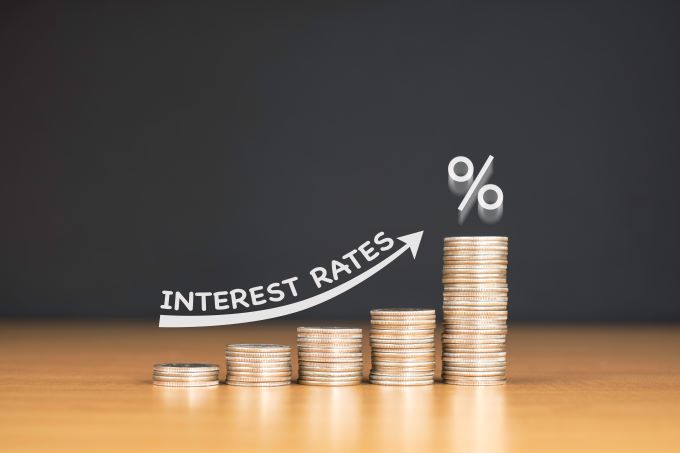A pip, short for percentage in point, is a Forex term that refers to the fourth decimal in all currency pairs, except for Japanese Yen currency pairs, where a pip refers to the second decimal.
There are two primary ways to become a more successful Forex trader - to practice, and to learn about the industry.
At DailyForex, our goal is to simplify your trading so that you can trade easily and smartly. To this end, we offer you a collection practical articles written by our Forex experts to help maximize your trading success.
You can also browse our articles by category to find information and trading strategies that can help you improve your profitability and enhance your trading experience.
Most Recent
MetaTrader 4 remains the industry leader for algorithmic trading, and TradingView is the market leader for social traders featuring modern charting software. Which trading solution is the best choice for active, profitable traders?
Interest rates are one of the most significant fundamental and macroeconomic factors that affect Forex trading. Let’s look at how interest rates work and how to apply them to Forex trading.
Top Forex Brokers
Currency carry trades are a way to capitalize on the difference between interest rates in different countries, and spot Forex (and their CFD equivalents) is an excellent market to execute these types of trades.
A contract for difference (CFD) is an investment strategy that involves trading on the price movement of stocks, commodities, cryptocurrencies, and forex without actually owning these assets.
Cryptocurrency has become one of the hottest topics in the modern-day world, and there’s no doubt that Bitcoin sits on top as the king of the market. The surge of overnight millionaires due to Bitcoin's boom in recent years gives much credit to the popularity of cryptocurrency and the blockchain system in general
Just like in every other part of the world, forex trading is gaining more and more popularity in South Africa as new people discover it. The reasons behind its popularity are simple—you can earn money from anywhere in the world, as long as you have the necessary knowledge and skill to do so
Handling volatility and mitigating risk is something that all forex traders are looking forward to. Nobody wants to have to look at their positions 24/7 and have minor heart attacks each time their account goes in the red.
Trading on the foreign exchange market has seen some pretty drastic changes over the years. The technological advancements of today have been revolutionary in every aspect of everyday life, and forex trading is no exception.
Bonuses & Promotions
Forex trading has been growing rapidly in Pakistan in the last couple of years, with hundreds of traders joining in daily. However, there are always questions that new traders have in mind before getting in on the action of forex trading in Islam.
Have you contracted the gold bug yet? During every economic downturn, inflationary environment, or global event, investors develop a lust for the yellow metal, be it physical bullion or mining stocks.
It is safe to say that there is no industry or business sector that cannot be improved by artificial intelligence and machine learning. In fact, these technologies have been on the rise for the past few years and quickly found their place in almost every segment of our everyday lives. The benefits that automation offers are undeniable, so it is not surprising that AI and machine learning have started to play a major role in forex trading as well.
The Forex industry offers multiple account types to suit nearly every trader style, from Market Makers, ECN accounts, Standard Lot Accounts, and Micro Accounts to Mirror Trading accounts, Demo Accounts and more.
In this article, I’ll cover the basics of trading bots and, more specifically, what Forex Fury offers traders, its features, performance, risks and ultimately, whether it holds overall value to traders.
Not all Forex brokers are regulated, and amongst regulated brokers, there exist different levels of regulations.













/man-working-309941807.jpg)

